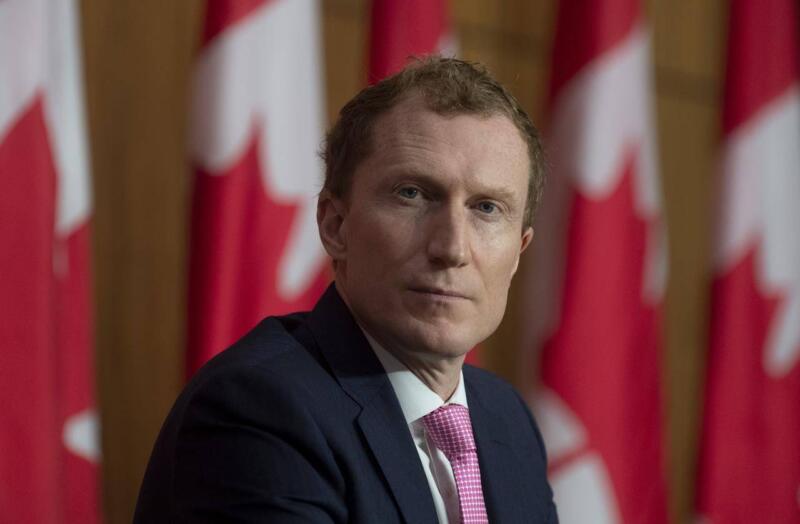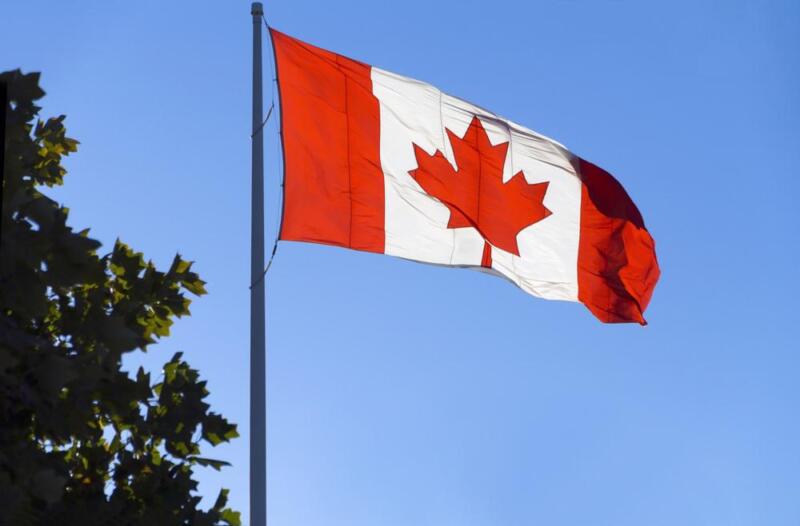The Minister for Immigration, Marc Miller, states that he will assess the number of international students and non-permanent residents coming into Canada as political anxieties increase concerning the connection between the accommodation problem and immigration.
The minister mentioned in an interview on the 14th of January 2024 at Rosemary Barton Live that the connection between accommodation and immigration is complex, and it was regarded around the council table when organizing yearly targets for the number of individuals arriving in the nation.
The minister, Marc Miller, told the CBC chief political correspondent Rosemary Barton that housing has been and continues to worry, mainly in a post-Covid scenario with developing interest rates, supply difficulties, and affordability problems. Miller also said that it is not immigrants that raised interest rates, but volume is volume, and it is a thing that we are meant to view.
Canada is going through a significant crisis when it comes to accommodation. The conservative resistance has tried to cast obligations on the Liberal authority by knotting administrative shortages to increasing interest rates. Conservative Leader Pierre Poilievre stated at an event in Thunder Bay on Friday in Ontario that the common-sense plan is to reduce waste and limit spending to balance the budget to have additional interest rates.
Also, to knot the number of dollars cities obtain for infrastructure to the number of homes they permit to be constructed. Polls demonstrate an adjustment in Canadian conduct towards immigration and accommodation, with a vast number acknowledging that more individuals moving together are constituting the accommodation affordability problems and adding pressure on the healthcare structure.
Temporary Residents are Scapegoats
In November, the administration stated that, following several past rises to its yearly immigration targets, it will retain an objective of 500,000 new permanent residents by 2026. These are still the historically high-status immigration targets, but there have not been any targets ever placed for temporary inhabitants.
Marc Miller also declared that his actions would concentrate on temporary residents in the coming months. He said, adding that restraining temporary employees might possess significant economic impacts. He said that they have to look at that and rule in many parts; however, they need to be transparent concerning what this implies.
Should you find this piece engaging, we kindly invite you to explore the wealth of content in our other articles:
He suggested changing post-graduate work permits or regulating the volume of non-permanent residents. Miller declared that the national administration planned to interfere in a trade where specific actors exchanged long-period pain in the lodging market for short-term monetary benefits.
The minister stated he does not want to be crass concerning this; however, the national administration is the only actor here not making funds. He declared that some regions must be ready to carry out modifications, and he plans to work with them. He said that they are required to allow them to understand that the bar is closed, and they need to find this out. And that the federal authority is ready to act if they do not comply with the shared jurisdiction.
Shutting Off Temporary Resident Entries May Deepen the Recession in Canada
In the last year, the population in Canada has majorly increased, and this is all because of the international employees and international students. Hence, as the national authority regards prohibiting non-permanent residents, a new study by Desjardins declares that this step would worsen the recession anticipated in 2024.
This examination, which the senior director of Canadian economics at Desjardins, Randall Bartlett, released on Wednesday, foresees a natural reduction in the number of Non-permanent residents as the economy depletes. Based on the recent baseline projections, Bartlett expects real GDP development to reduce to 0.1 percent in 2024, down from 1.1 percent last year.
Hence, if the national authority executes new laws to decrease Non-permanent resident entries to zero, the paper calculates that Canada’s GDP will reduce by 0.7 percent in 2024. Again, this kind of effort could blunt the recoveries subsequently from the recession, leading to decreased prospective GDP.
Bartlett wrote in his paper that caution is warranted on the aspect of policymakers to reduce the economic downside of hindering newcomer arrivals very fast. If Canada doubled its non-permanent resident entries from its current rate, Bartlett acknowledges the GDP might rise by 1 percent in 2024 and additional in the coming years. Hence, the paper declares that sustained high levels of non-permanent resident entries may stress home affordability and increase inflation, triggering the Bank of Canada to retain higher interest rates for a long time.






